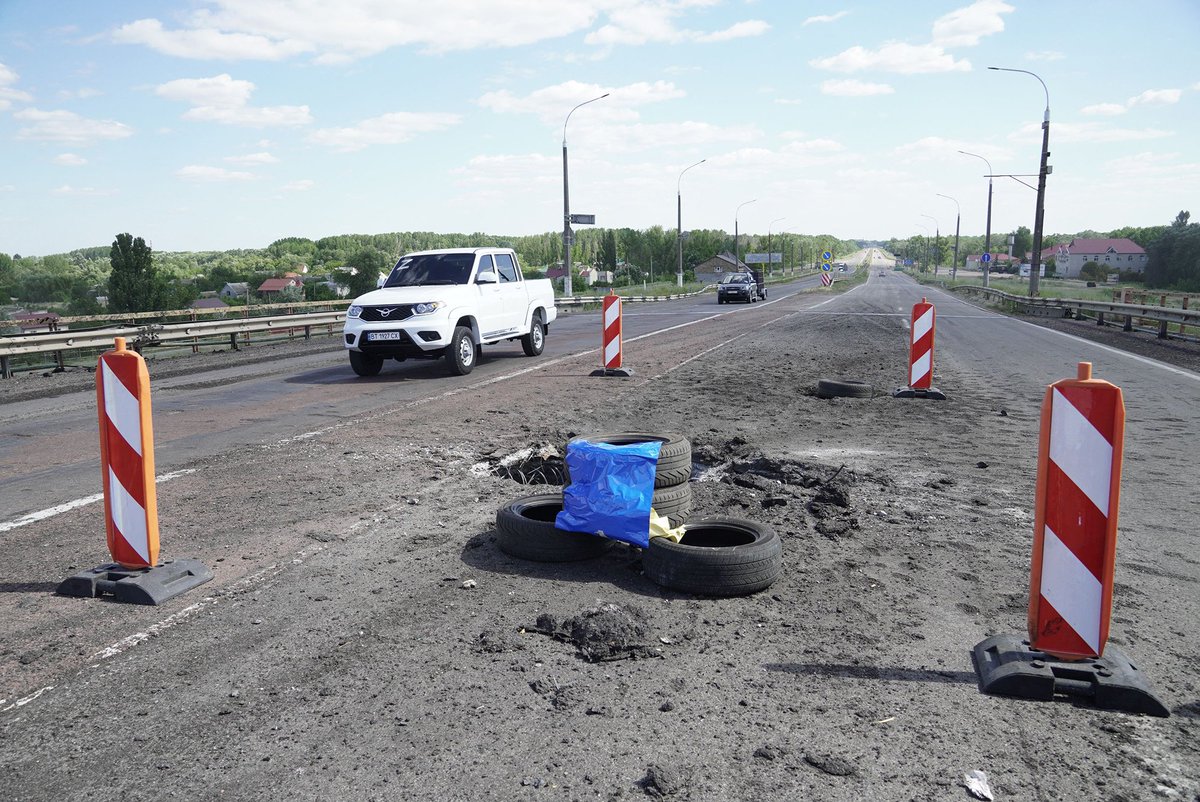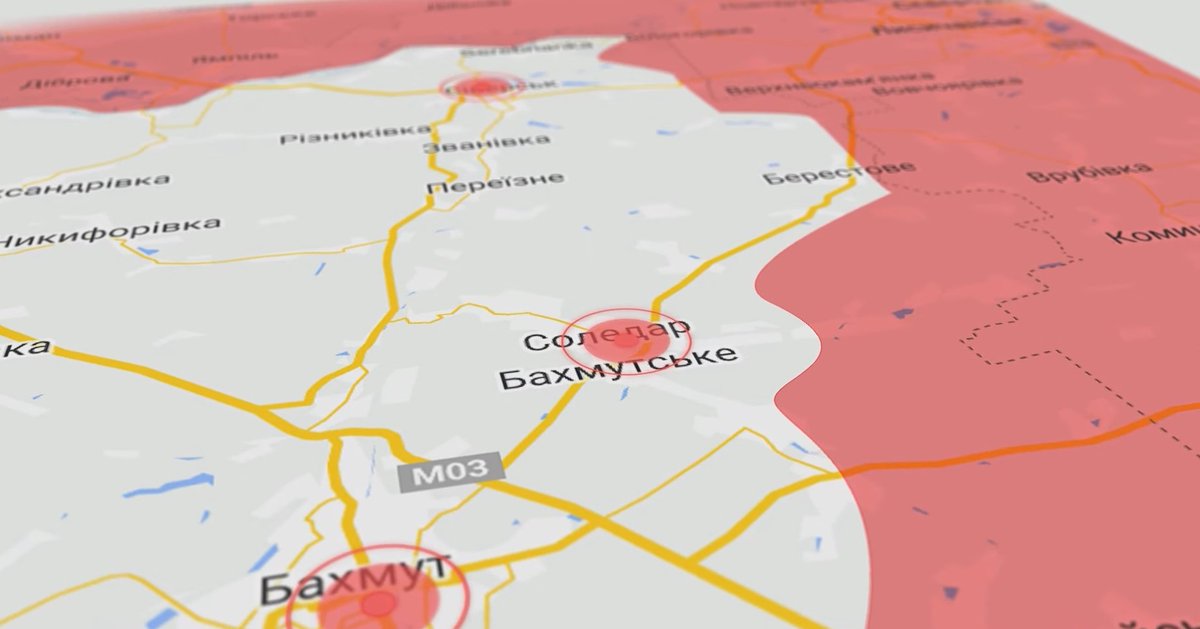
How Russia has become the world's largest sponsor of terrorism and what legal recognition of this will bring - in a column by Foreign Minister @DmytroKuleba for RBC-Ukraine.
Full text is available also at @wartranslated: wartranslated.com/why-the-recogn…
Full text is available also at @wartranslated: wartranslated.com/why-the-recogn…
My translation:
"It is time to recognize Russia as a state sponsor of terrorism and to do so as quickly as possible. /1
"It is time to recognize Russia as a state sponsor of terrorism and to do so as quickly as possible. /1
Ukrainian President Vladimir Zelensky, his office head Andriy Yermak, and I, as a foreign minister, have been persistent in stressing this on all international platforms. /2
What else does Russia have to do, and how many terrorist acts does it have to do to recognize it for what it is legal? /3
In less than six months, the Russians have committed the full range of international crimes listed in the Rome Statute: genocide, crimes against humanity, war crimes, and crimes of aggression. /4
But it was in the despicable acts of terrorism during this phase of attack that Russia's barbaric face was truly revealed.
Terrorism is killing innocent people to intimidate the rest of society or the community. Russia's actions fit this definition 100%. /5
Terrorism is killing innocent people to intimidate the rest of society or the community. Russia's actions fit this definition 100%. /5
Constant rocket attacks on civilians, bombing and barbaric shelling of residential areas in Kharkiv, Mykolaiv, and other cities and towns, targeting kindergartens, schools, hospitals, infrastructure, terror against Ukrainians in the temporarily occupied territories. /6
As President Zelensky stated, today's Russia has become the largest terrorist organization in the world. Putin's terrorist regime poses a threat not only to Ukraine but also to all of Europe and the world. /7
Therefore, recognizing and immediately isolating this terrorist tumor would save international peace and security. Indeed, recognizing a permanent member of the UN Security Council as a state sponsor of terrorism is an unprecedented move. /8
But Russia's threat to the world is also unusual. /9
On the president's instructions, Ukrainian diplomacy is actively working to have Russia recognized as a state sponsor of terrorism by the United States and, in a broader sense, as a terrorist state at the level of both European states and international organizations. /10
We convince our partners that such a step is in their interest. Putin proved long ago that borders do not matter to him, and he declared the entire democratic world his enemy. /11
Instead, he will export Russian terrorism far beyond Ukraine with increased energy if he is not stopped now.
In the past, Putin has killed his opponents abroad, used chemical weapons and radioactive substances on the territory of NATO states, and used migrants as weapons. /12
In the past, Putin has killed his opponents abroad, used chemical weapons and radioactive substances on the territory of NATO states, and used migrants as weapons. /12
A regime that was even capable of undermining its citizens for political purposes will stop at nothing. The combined efforts of the world can only stop it. /13
The terrorist activities of the Russian private military company Wagner are already reason enough to recognize Russia as a state sponsor of terrorism. /14
There is an internal debate in the United States about recognizing Russia as a sponsor of terrorism, and we hope it will be concluded as quickly and effectively as possible. Indeed, Russian terrorism is exceptional and, in a sense, unprecedented in modern history. /15
Both in its methods and its scale.
It has three dimensions: domestic, military, and international. /16
It has three dimensions: domestic, military, and international. /16
Domestically, the Kremlin uses state terror to eliminate political opponents, journalists, human rights activists, ethnic, religious, sexual minorities, and ordinary citizens in general to create an atmosphere of pervasive fear. /17
In Ukraine, this is military terrorism, the use of terrorist tactics of intimidation in a war of aggression. In the international dimension, Russian private military companies and assassins intimidate the societies of other countries. /18
Terrorism is the middle name of modern Russia, so recognizing it as a state sponsor of terrorism would only be a legal fixation of reality. /19
In practice, it would mean the imposition of additional sanctions by both the U.S. and other countries, an even more profound international isolation of the Russian regime, and the destruction of what remains of Russia's reputation for decades to come. /20
And the latter is perhaps the most important. After all, over the years, Russia has used the notion of fighting terrorism for the most sophisticated manipulations. For years, the "joint struggle against terrorism" was used to justify the need to cooperate with Russia. /21
Under this sauce, Russia whitewashed its reputation in the European Union after it attacked Georgia in 2008 and Ukraine in 2014 and re-established contacts with the United States and other countries. /22
Russia has imposed the myth of its supposedly constructive role in countering terrorism to justify its wars, from Chechnya to Syria. Although none have been justified, Russian officials and diplomats everywhere have told us they are supposedly fighting terrorism. /23
Putting Russia on the list of state sponsors of terrorism would forever destroy this myth. Russia is the source of terrorism, not the fighter against it.
Terrorism is a cowardly war of cowards. /24
Terrorism is a cowardly war of cowards. /24
Having failed to defeat Ukraine on the battlefield, the Russians have decided to target civilians. /25
Inside Ukraine, they want to achieve several goals: to intimidate Ukrainians, to weaken the resistance of the Ukrainian people and force Ukraine to make concessions, and to raise the degree and desire for revenge in society to the point that we will become beasts who want… /26
…to fight the Russians by terrorist means.
If we have a clear understanding of what the enemy wants, none of the above will be achieved by Russia. /27
If we have a clear understanding of what the enemy wants, none of the above will be achieved by Russia. /27
And diplomacy will ensure that the terrorist state gets the complete isolation it deserves and forever occupies the worst place in the pages of the history books." /28
Please like, retweet, and follow :)
end /29
end /29
#war_in_ukraine #RussiaInvadedUkraine #RussiaIsATerroristState #PutinWarCriminal #PutinWarCrimes #Russia #RussiaUkraineWar #Russians #Ukraine /31
• • •
Missing some Tweet in this thread? You can try to
force a refresh







